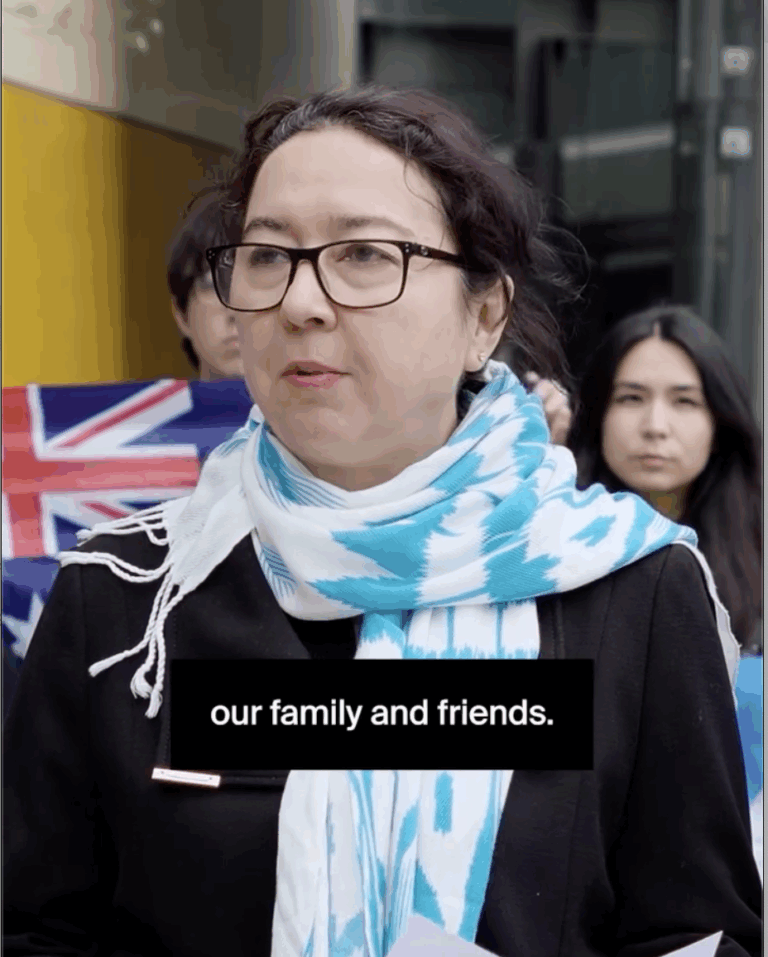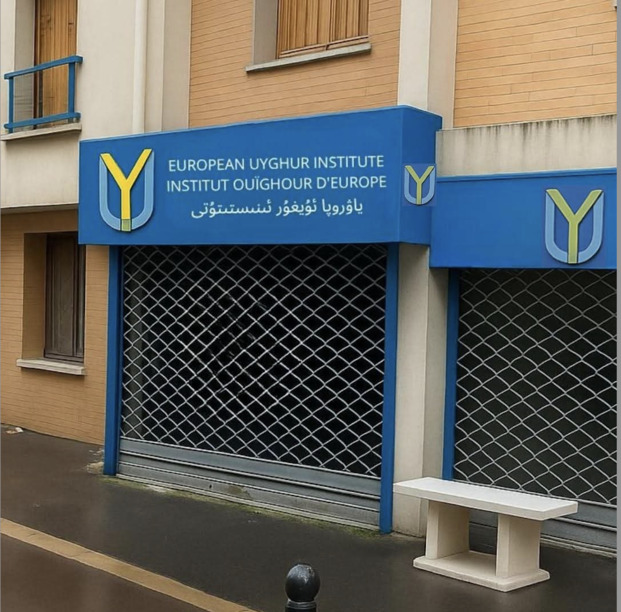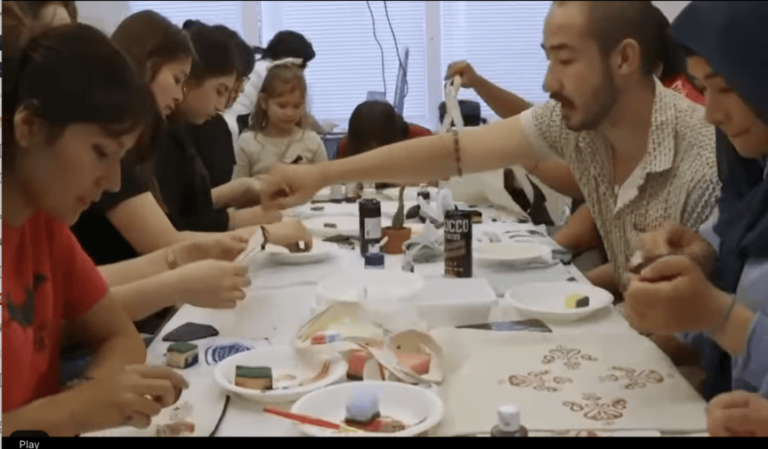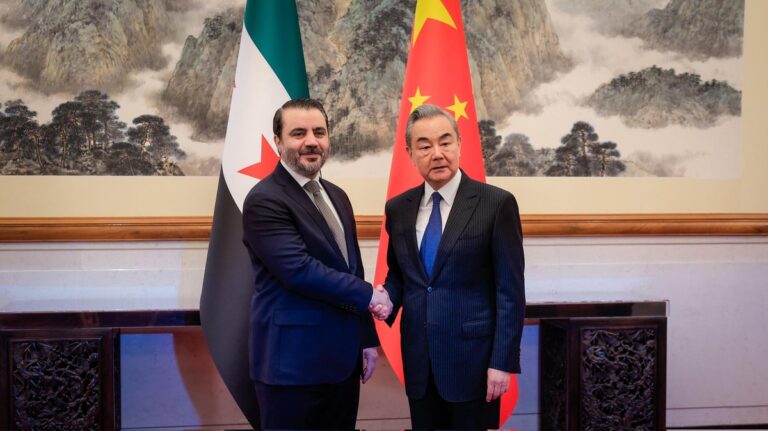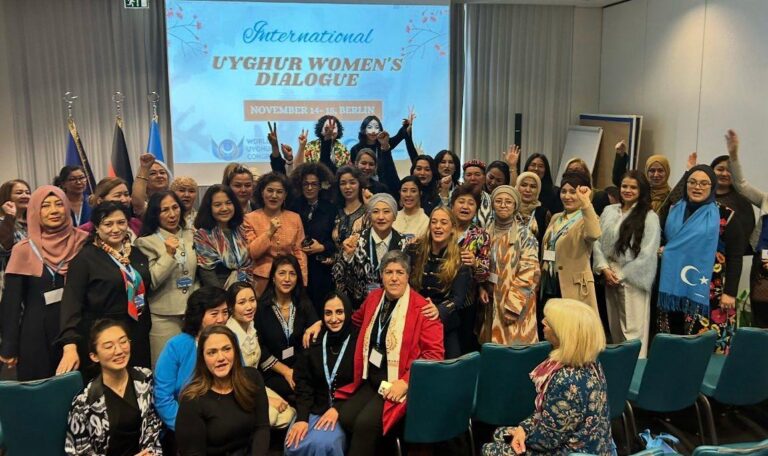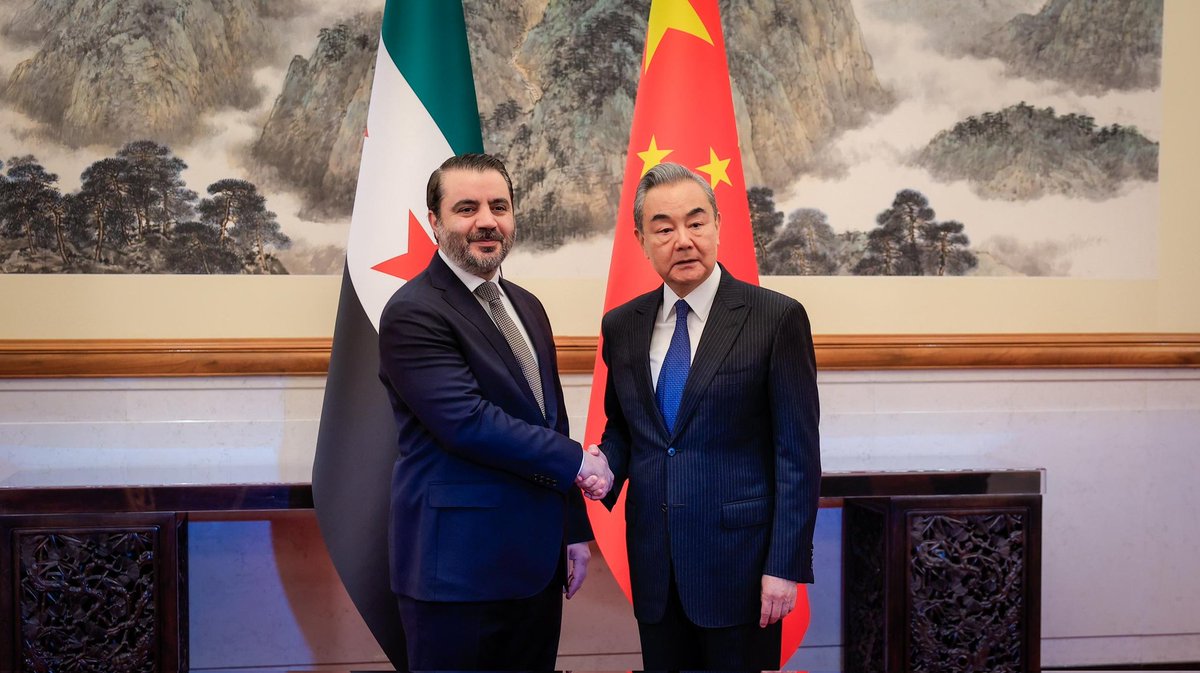
by Alp Uyghur, Nov 19, 2025
Syria has denied media reports claiming that Damascus intends to hand over Uyghur fighters to China, following the publication of an AFP report on 17 November.
After AFP released its story, Syria’s state news agency SANA quoted a foreign ministry source rejecting the claim.
“AFP’s report regarding the Syrian government’s intention to hand over fighters to China is without foundation,” the unnamed source said, without providing further details.
AFP had reported that a Syrian government official, speaking on condition of anonymity, claimed that “based on China’s request, Damascus intends to hand over the fighters in batches.” The same source said China had rejected the fighters’ integration into the new Syrian army.
A diplomatic source in Syria, also requesting anonymity, told AFP that “Syria intends to hand over 400 Uyghur fighters to China in the coming period.” According to both diplomatic and government sources cited by AFP, the individuals allegedly slated for transfer are not among those integrated into the restructured Syrian military.
China’s Role at the United Nations
Earlier this month, China abstained from a UN Security Council vote on a resolution to lift sanctions on Syrian President Ahmed al-Sharaa.
At the time, China’s UN ambassador Fu Cong said Beijing had “expressed legitimate concerns about counterterrorism issues — in particular [foreign terrorist fighters] in Syria.”
Shaibani’s Visit to Beijing: “Syria Will Not Be a Source of Threat to China”
During his visit to Beijing, Syrian Foreign Minister al-Shaibani pledged deeper cooperation with China on security and counterterrorism.
SANA reported that al-Shaibani reaffirmed Syria’s “categorical opposition to any forces interfering in China’s internal affairs,” expressed appreciation for President Xi Jinping’s development initiatives, and conveyed Syria’s “readiness to engage positively with them.”
He further stated that Syria “will not be a source of threat to China and will not allow any entities to use its territory to harm China’s security, sovereignty, or interests.”
Al-Shaibani also said Damascus is prepared to expand cooperation with Beijing “in all fields,” emphasising sensitivity to China’s security concerns.
China’s foreign ministry said in a statement that “the Syrian side has pledged not to allow any entity to use Syrian territory to harm China’s interests”.
“China expressed its appreciation and hopes that Syria will take effective measures to implement this commitment, thereby removing security obstacles to the stable development of China-Syria relations,” the statement added.
During the meeting, the Syrian minister reiterated Syria’s support for the One-China principle and recognized the government in Beijing as the sole legal representative of China, rather than Taiwan.
Chinese Foreign Minister Wang Yi, for his part, emphasized that China considers the Golan Heights to be Syrian territory. Israel occupied and later annexed part of the region in 1967, in violation of international law.
Chinese read out of meeting with Shaybani include conversations on ETIM:
The East Turkistan Islamic Movement (ETIM) is an international terrorist organization designated by the UN Security Council. Syria has pledged not to allow any entity to use Syrian territory to harm China’s interests, and China appreciates this commitment and hopes that Syria will take effective measures to implement it, clearing security obstacles to the stable development of China-Syria relations.
Economic Cooperation
Damascus and Beijing also expressed interest in increasing cooperation on economic development, reconstruction, and raising living standards. Both sides highlighted the China–Arab Cooperation Forum as the main platform for bilateral engagement, SANA said.
Al-Shaibani’s visit comes as Syria seeks to rebuild global diplomatic relationships, achieving recent successes including partial sanctions relief from Western countries and new investments from Gulf states.
Uyghur Fighters in Syria: Movement Restrictions and Uncertain Future
Uyghur fighters affiliated with the Turkistan Islamic Party (TIP) were among the strongest allies of Hay’at Tahrir al-Sham (HTS) during the war against Bashar al-Assad. Later, with U.S. approval, many were integrated into the forces of the new Syrian army, forming what became the 84th Division.
After assuming power, Syria’s new authorities dissolved all independent armed groups, most of which were absorbed into the Ministry of Defense.
According to the Syrian Observatory for Human Rights, between 3,200 and 4,000 Uyghur fighters remain in Syria and have been incorporated into the restructured military forces.
Syrian political analyst Radwan Ziadeh told Al-Araby Al-Jadeed that Damascus has “imposed restrictions on the movement of Uyghur fighters.”
Uyghur commentator Abduweli Ayup, who recently visited Idlib—home to many Uyghur civilians related to the fighters—said that forced deportation appears unlikely.
He noted that Uyghur fighters played a key role in helping the new administration defeat the Assad regime, and warned that Uyghur fighters “can defend themselves if they are forced to return to China, where they would face death.”
Many Uyghurs reject labeling the Uyghurs in Syria as “jihadists,” arguing that they fought for the freedom of the Syrian people and would do the same for their own freedom.
